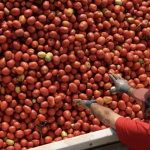Will Foley addresses HB water storage
While technologies will create efficiencies, irrigation will always be required in the horticulture and arable sectors.
Added 3 years ago

Will Foley recently wrote this Talking Point for HB Today.
Coastal Hazards, new public transport system, possum control, more tree plantings. These and many more all result from a focus around the council table of climate change, biodiversity & water which are actually all interconnected in one way or another. Water is all about quality and also quantity or security of supply. Security of supply for our environment, our human use and our commercial use.
Our water security is under threat. The regional water assessment while only in draft form predicts a significant water shortfall by 2040 and only gets worse from then on. Supply intervention work streams from HBRC include managed aquifer recharge and water storage but confidence of getting these off the ground remains low. Economic development of higher value land use in Wairoa should be included here, as the potential for that district with a more secure water supply is very relevant for our region. Nonetheless critics remain about any water supply interventions proposed. Meanwhile the call to tackle climate change, restore and protect our biodiversity and increase summer river flows ring loud.
Rate rises over the last 3 long term plans or 9 years have been significant to ramp up work in all the areas mentioned above and more. Yet there is no sign of these slowing down if we are to do everything our communities and central government expect. Take into account the borrowings being undertaken alongside and then the true rate rise becomes eye watering. So, it seems we are at a crossroads. We want to spend more on resources protecting, restoring and enhancing our environment but aren’t we going to need a thriving economy, job security and profitable businesses, the very thing to help pay for it all?
Te Mana O Te Wai means with any deficit in regional water supply going forward it will be clawed back from commercial use first. That means less apples, less wine, less cash crops and so on. The Napier Port which happens to be majority owned by HBRC and a significant contributor to income which in turn subsidises your rates will also take a hit. Less dividend from the port means more rate rise just to stand still.
The TANK plan change for the Heretaunga catchments looks to reduce allocation. No water security intervention is yet to get over the line. With less rain forecast for the East Coast in the medium to long term our regional economy which depends on water for productivity, jobs and businesses looks set to decline without any solutions. Meanwhile recent history tells me the council will continue to want more rates. Simple accounting tells me that isn’t going to work.
With regards to pastoral farming, I am a fan of the alternative management methods being looked into right now. MPI is funding work around this including at our local Poukawa research farm. The Hawke’s Bay Future Farming Trust is also collaborating to drive local research and information transfer. Imagine pasture grazing on farms being more resilient to a drier climate while sequestering carbon in the soil and increasing biodiversity at the same time. Isn’t that a win win for all three focus areas mentioned at the start? The alternative seems to be pine trees. An exotic monoculture which sequesters carbon for a limited time up to around 20 years. How anyone thinks that is our long-term saviour beats me. The one thing they can and are providing us in the short term is healthy financial returns to then help fund more long term works such as native plantings.
While technologies will create efficiencies, irrigation will always be required in the horticulture and arable sectors. Meat, wool, apples, wine, vegetables etc all combined with water security would continue to drive our economy, our port returns and ultimately our ability to implement so many of the great ideas we all have for the benefit of our environment. With current regulatory environment diminishing availability, the future predicted shortfall is probably understated. As the future isn’t waiting for us the time to act is now.
Join the conversation
Be the first to leave a comment.
Leave a comment
All comments are reviewed before they are published on the website. Your email address will not be published.
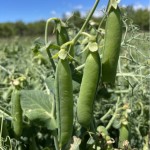
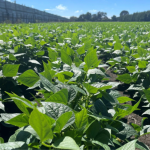
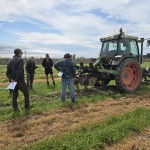
Community Engagement and Knowledge Sharing Strengthen the Carbon Positive Project
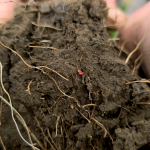

Farewell to Trustee Phil Schofield – A Foundational Leader of the HBFFCT
